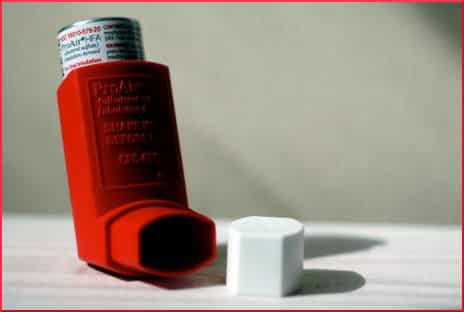 Yesterday Childhood Obesity News enumerated several relationships between the bacterium Helicobacter pylori and other “dots” that represent the large variety of phenomena that all seem to be connected in some elusive way. Even the relationships that H. pylori establishes with other species of microbiota can impact our daily lives. These bugs are far from inconsequential.
Yesterday Childhood Obesity News enumerated several relationships between the bacterium Helicobacter pylori and other “dots” that represent the large variety of phenomena that all seem to be connected in some elusive way. Even the relationships that H. pylori establishes with other species of microbiota can impact our daily lives. These bugs are far from inconsequential.
It has long been known that H. pylori is responsible for ulcers and even cancer in the stomach, but that is only a fraction of the mischief for which the creature is blamed. According to a report on the National Institutes for Health website, “there is a direct correlation between H. pylori infection and B-Cell lymphoma, and cardiac, dermal, hepatic and rheumatologic diseases.” Quite a roster of indictments. A layperson named Caroline, who suffers from devastating sensitivities to myriad substances, gives her perspective on leaky gut syndrome:
Allergies: This is because the h. pylori sort of “drills” holes in the gut, allowing big food molecules in the blood stream. This in turn will cause an “allergic reaction” because the body is always fighting against things…Food, smells, chemicals, toxins, touching things, breathing…Allergies are secondary to h. pylori.
For these and other reasons, H. pylori has arguably become “one of the most detested microbes in the Western world” to use the term Martha Rosenberg assigned to it when writing for Alternet.org about the “downside to H. pylori eradication.”
In the Western countries, antibiotic use has almost wiped out this bug. At the start of the 20th Century (the 1900s) more than half the people played host to H. pylori colonies. By the beginning of our century, fewer than 10% of people were infected. During the same time frame, a great number of immune disorders “increased at an alarming rate” while both obesity and asthma grew like crazy.
That is another chapter of H. pylori’s story—the whole intriguing link with asthma. Researchers have been tracking the asthma-obesity relationship for at least a decade. “Obesity: insight into the origins of asthma,” published in 2005, said:
Lung mechanics, immunology, genetics, diet and endocrinology may act in a developmental context to link two complex traits: obesity and asthma.
In recent years, as H. pylori’s influence began to be suspected, the topic became more exciting. Some studies have found an inverse correlation between H. pylori and asthma—in other words, the more H. pylori, the less asthma; the less H. pylori, the more asthma. Other studies have shown that to be baloney.
Discoveries made by New York University microbiologist Dr. Martin Blaser were interpreted, perhaps wrongly, to indicate that “H. pylori infection could significantly reduce the risk of asthma.” Even enthusiasts admit that the asthma research has not been controlled for all the possible variables. Biographical factors like gender, age, and family medical history (as well as many others) can be “confounders” that negate research findings.
(To be continued…)
Your responses and feedback are welcome!
Source: “Evaluation of the Correlation Between Childhood Asthma and Helicobacter pylori in Kashan,” NIH.gov, 06/01/15
Source: “The real truth about H. pylori: allergies, autoimmune, & adrenal fatigue,” MyGutsy.com, 05/05/13
Source: “The Surprising Reason Americans Might Be Obese, Anxious and Depressed,” Alternet.org, 03/05/14
Source: “Obesity: insight into the origins of asthma,” Nature.com, 2005
Source: “Helicobacter pylori: A Beneficial Gastric Pathogen?,” NIH.gov, 08/25/14
Image by NIAID

 FAQs and Media Requests:
FAQs and Media Requests: 











